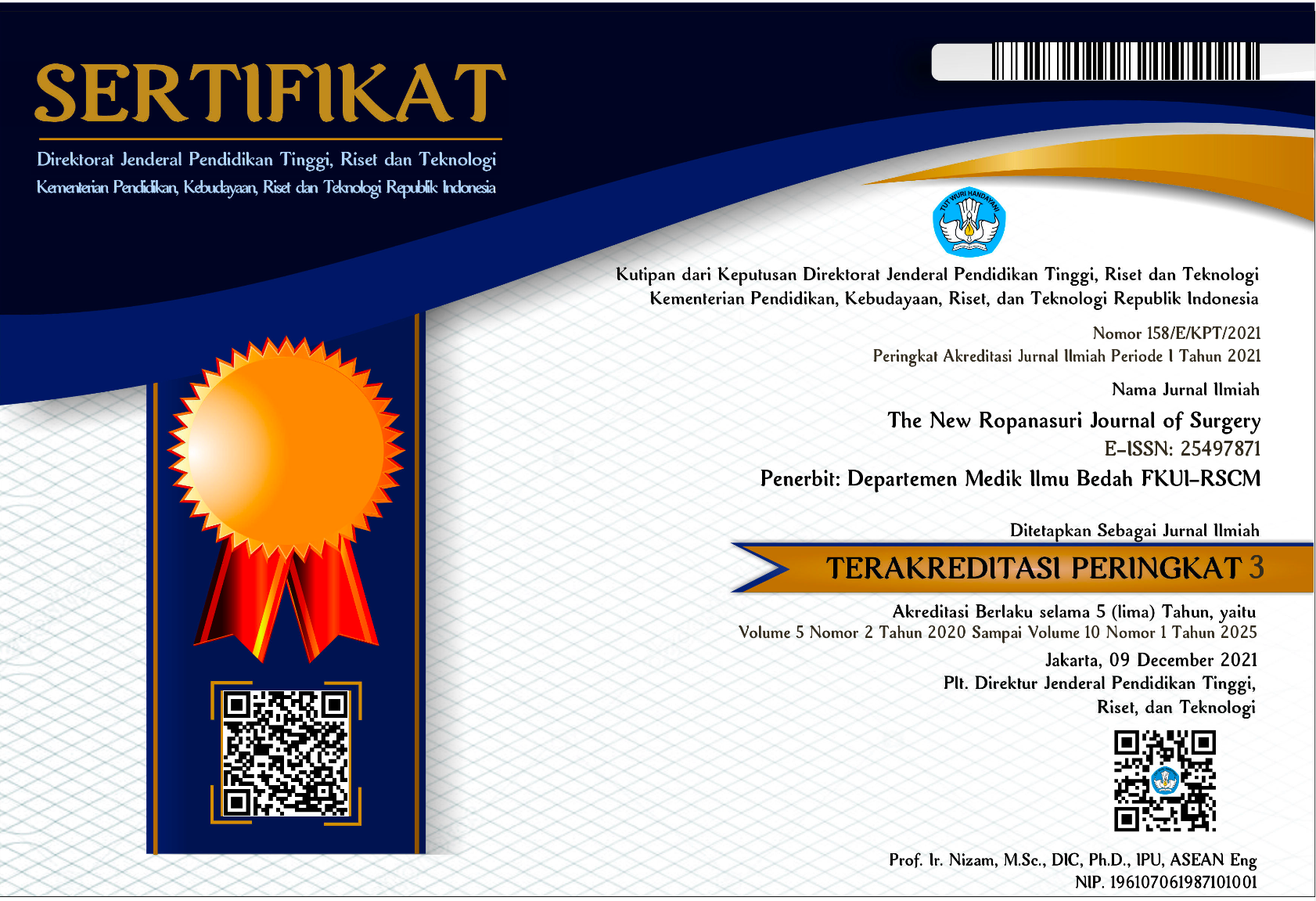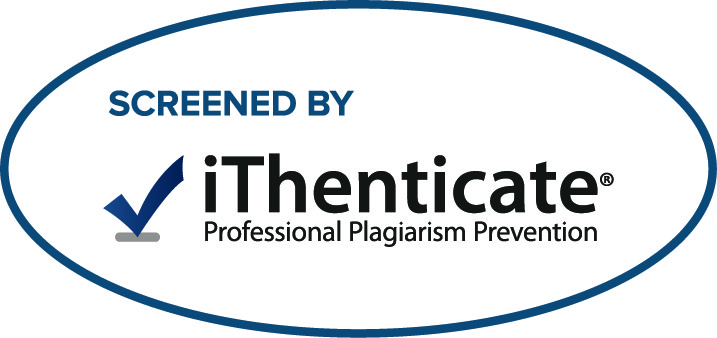Abstract
Introduction. On 5th April 2022, some cases of severe acute hepatitis of unknown etiology in children were reported in the United Kingdom. Since then, the number has increased rapidly, with 650 probable cases identified worldwide. This review focuses on available information about managing acute liver failure (ALF) in pediatrics with acute hepatitis of unknown etiology through the perspective of hepatobiliary surgery.
Method. A literature review proceeded on some databases, namely PubMed and Google Scholar. Epidemiological data and technical policy were obtained from World Health Organization and some government institutions.
Results. Severe acute hepatitis can progressively develop into acute liver failure, thus requiring a liver transplantation procedure immediately. There are about 30 patients have received a liver transplant. Fourteen patients reported had died. Liver transplantation is necessary to treat acute liver failure in children with acute hepatitis of unknown etiology. The need for a liver transplant can be avoided if ALF is prevented.
Conclusion. The decision to perform or not to perform a liver transplant procedure may consider indications, contraindications, possible outcomes, patient status, availability of donors, and access to transplant centers' facilities and resources.
Recommended Citation
Putra, Afid B.; Putranto, Agi S.; Risyaldi, Muftah; and Nurachman, Luthfian A.
(2022)
"Transplantation in Pediatrics Liver Failure Associated with Acute Hepatitis of Unknown Etiology,"
The New Ropanasuri Journal of Surgery: Vol. 7:
No.
2, Article 5.
DOI: 10.7454/nrjs.v7i2.1130
Available at:
https://scholarhub.ui.ac.id/nrjs/vol7/iss2/5













